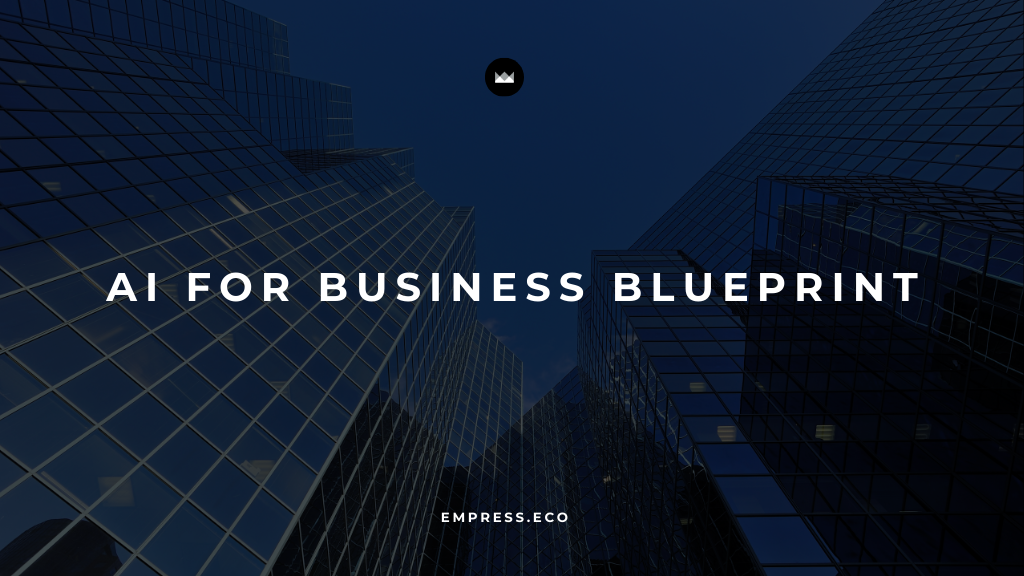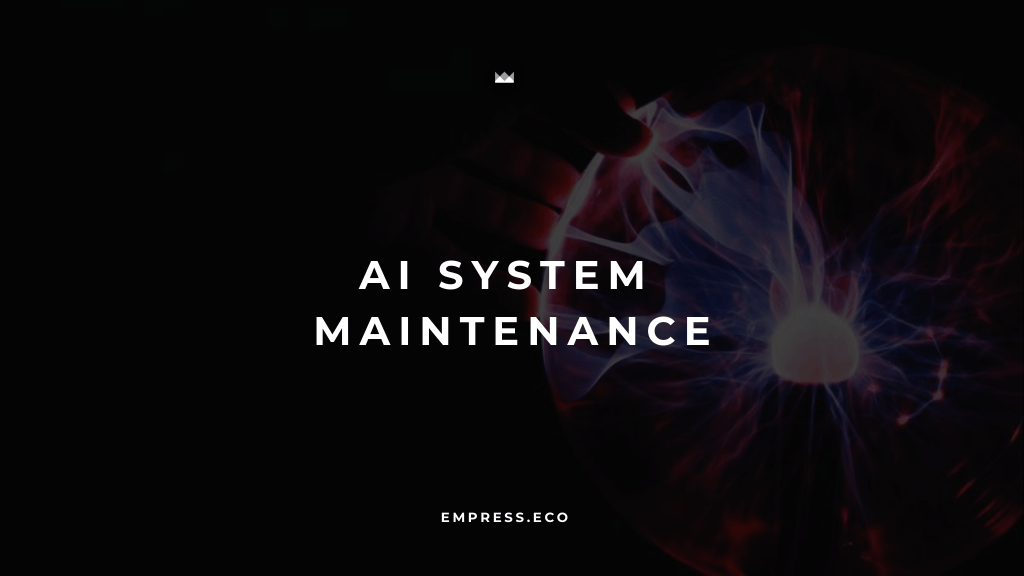Artificial intelligence (AI) has become a game-changer in the business world, providing companies with the tools to optimize operations, drive innovation, and achieve sustainable growth. By leveraging AI, businesses can gain a competitive edge, enhance customer experiences, and make data-driven decisions. This blog explores strategies for maximizing growth with AI and provides real-world examples of how AI is transforming businesses.
Understanding the Role of AI in Business Growth
AI includes a range of technologies such as machine learning, natural language processing, and computer vision. These technologies enable machines to perform tasks that typically require human intelligence. By integrating AI into business operations, companies can automate repetitive tasks, analyze vast amounts of data, and uncover valuable insights that drive strategic decision-making.
Benefits of AI for Business Growth and Competitive Advantage
AI offers numerous benefits that significantly impact business growth and competitive advantage. Let's explore some key areas where AI can make a difference:
Enhanced Operational Efficiency
AI dramatically boosts operational efficiency by automating repetitive and time-consuming tasks. For instance, AI-driven logistics and supply chain management can predict demand, optimize inventory, and reduce delivery times. This automation frees up valuable time for employees to focus on strategic and creative tasks, leading to increased productivity and streamlined operations.
Data-Driven Decision-Making
AI enables businesses to quickly and accurately analyze vast amounts of data, providing actionable insights that inform strategic decisions. By leveraging AI for demand forecasting, risk management, and resource allocation, companies can make more informed decisions and proactively address potential challenges. This data-driven approach enhances decision-making processes and helps businesses stay ahead of market trends.
Personalized Customer Experiences
AI enhances customer engagement by delivering personalized experiences based on individual preferences and behaviors. Through advanced data analytics and machine learning, businesses can tailor marketing messages, product recommendations, and services to meet the unique needs of each customer, fostering loyalty and satisfaction.
Innovation and New Opportunities
AI drives innovation by identifying new patterns and opportunities that may not be immediately apparent to humans. It facilitates the development and testing of prototypes, accelerates product development, and supports competitive intelligence efforts, enabling businesses to stay ahead of industry trends and explore new markets.
Key Strategies for Leveraging AI for Sustainable Growth
To maximize growth with AI, businesses should adopt several key strategies:
Implementing AI-Powered Automation
AI-powered tools can handle mundane and repetitive tasks such as data entry, invoice processing, and customer service inquiries. This automation reduces the risk of human error and accelerates business processes, allowing employees to focus on higher-level tasks. For example, AI-driven chatbots and virtual assistants provide personalized customer support, improving response times and customer satisfaction.
Utilizing Predictive Analytics
Predictive analytics powered by AI can forecast future trends and behaviors, enabling businesses to make proactive decisions. By analyzing historical data and identifying patterns, AI can predict customer demand, optimize inventory levels, and anticipate market changes. This foresight allows companies to stay ahead of competitors and respond swiftly to emerging opportunities.
Enhancing Cybersecurity Measures
AI-driven security tools are ideal for analyzing behavior patterns, predicting outcomes for unusual behavior, and keeping hackers out of corporate networks. According to IBM's Cost of Data Breach Report, companies using AI-driven security save an average of $1.76 million annually compared to organizations that don’t. Implementing AI in cybersecurity can significantly reduce the risk of data breaches and enhance overall security.
Personalizing Marketing Campaigns
AI can analyze consumer data to create more effective, targeted marketing campaigns. By identifying the most effective channels and strategies, AI ensures a higher return on investment and a stronger market presence compared to competitors. Personalized marketing campaigns driven by AI can significantly enhance customer engagement and conversion rates.
Real-World Examples of AI Success Stories
To better understand how AI can transform businesses, let's look at some real-world success stories across various industries:
Healthcare: Enhancing Diagnostic Accuracy
IBM Watson Health uses AI to assist doctors in diagnosing and treating complex medical conditions. By analyzing medical images and patient data, AI algorithms improve diagnostic accuracy and enable early detection of diseases such as cancer, leading to better patient outcomes.
Manufacturing: Optimizing Quality Control and Maintenance
Siemens uses AI to enhance its manufacturing processes and improve operational efficiency. AI-powered image recognition systems identify defects in products with high precision, ensuring that only high-quality items reach the market. Additionally, AI-driven predictive maintenance systems analyze data from machinery to predict when maintenance is needed, reducing downtime and maintenance costs.
Retail: Enhancing Inventory Management and Customer Insights
Amazon leverages AI to optimize inventory management and deliver personalized product recommendations. AI algorithms predict customer demand, ensuring that inventory levels are optimized to meet market needs without overstocking. This approach improves operational efficiency and enhances customer satisfaction.
Finance: Automating Fraud Detection and Risk Management
JP Morgan Chase uses AI to analyze financial transactions and detect fraudulent activities. Machine learning algorithms identify suspicious patterns and prevent fraud, enhancing the security of financial operations and protecting customers from financial losses.
Overcoming Challenges in AI Implementation
While AI offers significant benefits, implementing AI solutions can come with challenges. Here are some key considerations for businesses:
Ensuring Data Privacy and Security
As AI systems process large volumes of data, ensuring data privacy and security is paramount. Businesses must implement robust data protection measures and comply with regulations such as GDPR to maintain customer trust and safeguard sensitive information.
Navigating Ethical Considerations
The integration of AI raises ethical concerns, such as algorithmic bias and transparency. Companies must develop ethical guidelines and ensure that AI systems operate fairly and transparently to avoid unintended consequences.
Investing in Workforce Training
To fully leverage AI's potential, businesses must invest in training their workforce to adapt to new technologies. Continuous learning and upskilling initiatives are essential for employees to effectively collaborate with AI systems and drive innovation.
Conclusion
AI is transforming businesses by enhancing efficiency, enabling data-driven decision-making, and driving innovation. By leveraging AI technologies, companies can optimize operations, improve customer experiences, and gain a competitive advantage. As businesses continue to explore AI-driven strategies, they can unlock new opportunities for efficiency and innovation. Embracing AI is not just about keeping up with the digital age but about leading the charge towards a smarter, more efficient future.
By addressing challenges related to data privacy, ethics, and workforce training, businesses can harness the full potential of AI to achieve sustainable success. Start exploring AI solutions today to unlock new opportunities for efficiency and innovation in your organization.



